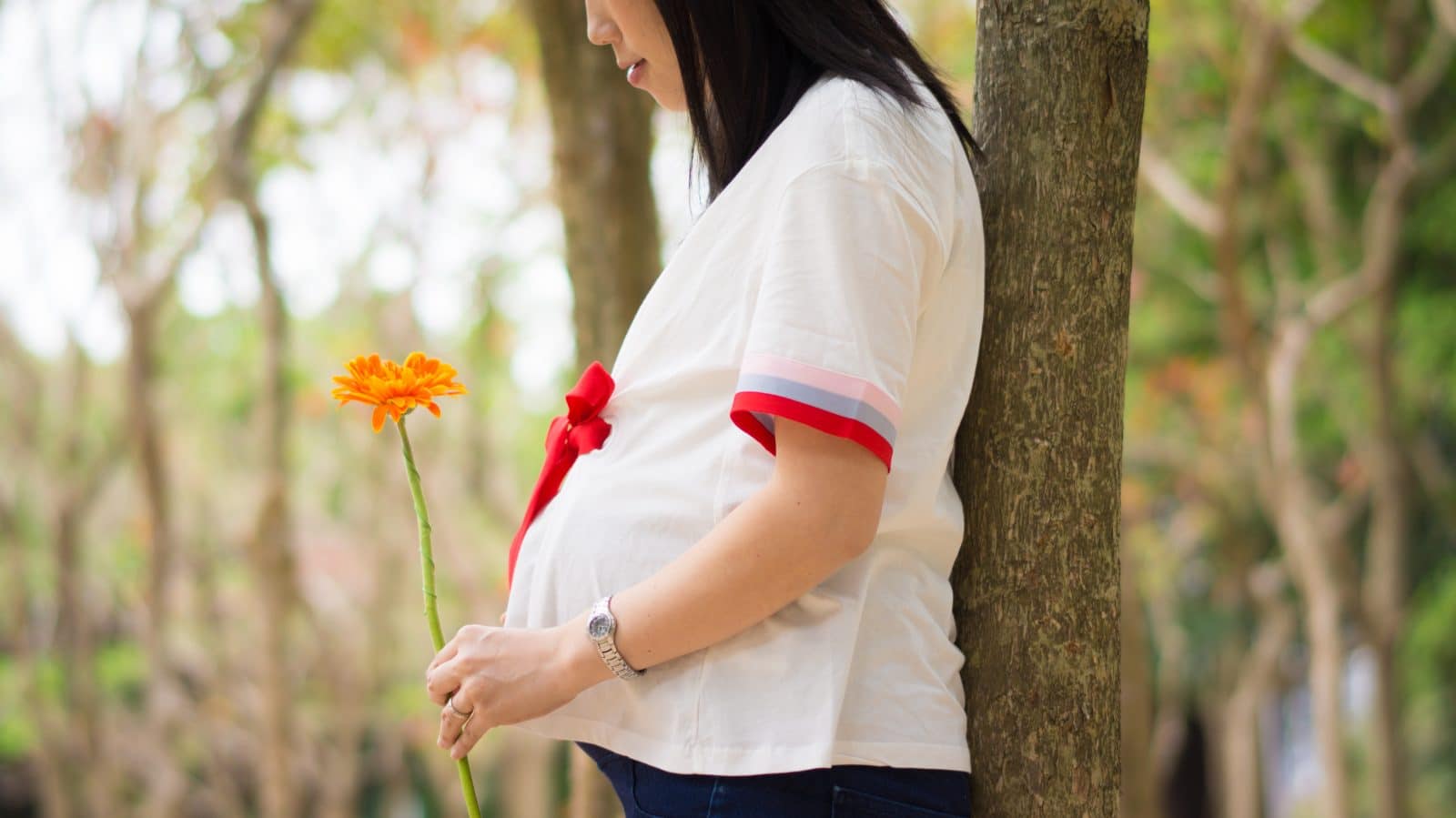
How can I get donor eggs?
The road to a child is already complicated enough, but Fertility First helps get donor eggs to its patients thanks to the

The road to a child is already complicated enough, but Fertility First helps get donor eggs to its patients thanks to the

A new study from Harvard has revealed that your sperm count can be affected by the type of underwear you wear.

It’s not unusual to have questions about donor sperm, and we’re only too happy to help provide an answer. So how do
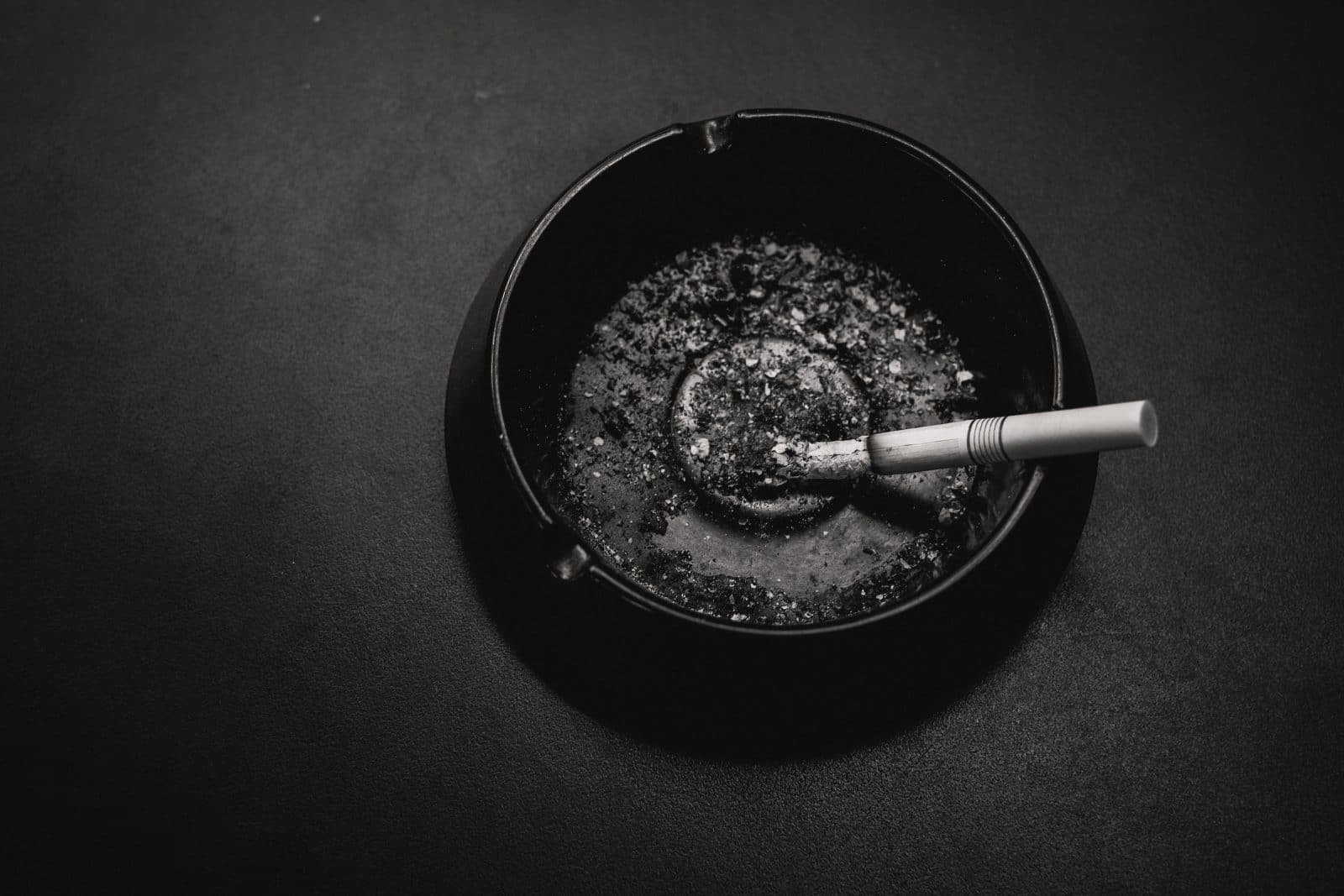
Recent studies have revealed smoking can have an adverse effect on the IVF outcome, resulting in a reduced ongoing pregnancy and delivery

It can be hard to work out exactly what’s safe for you to after an embryo transfer. Seriously, what can you do
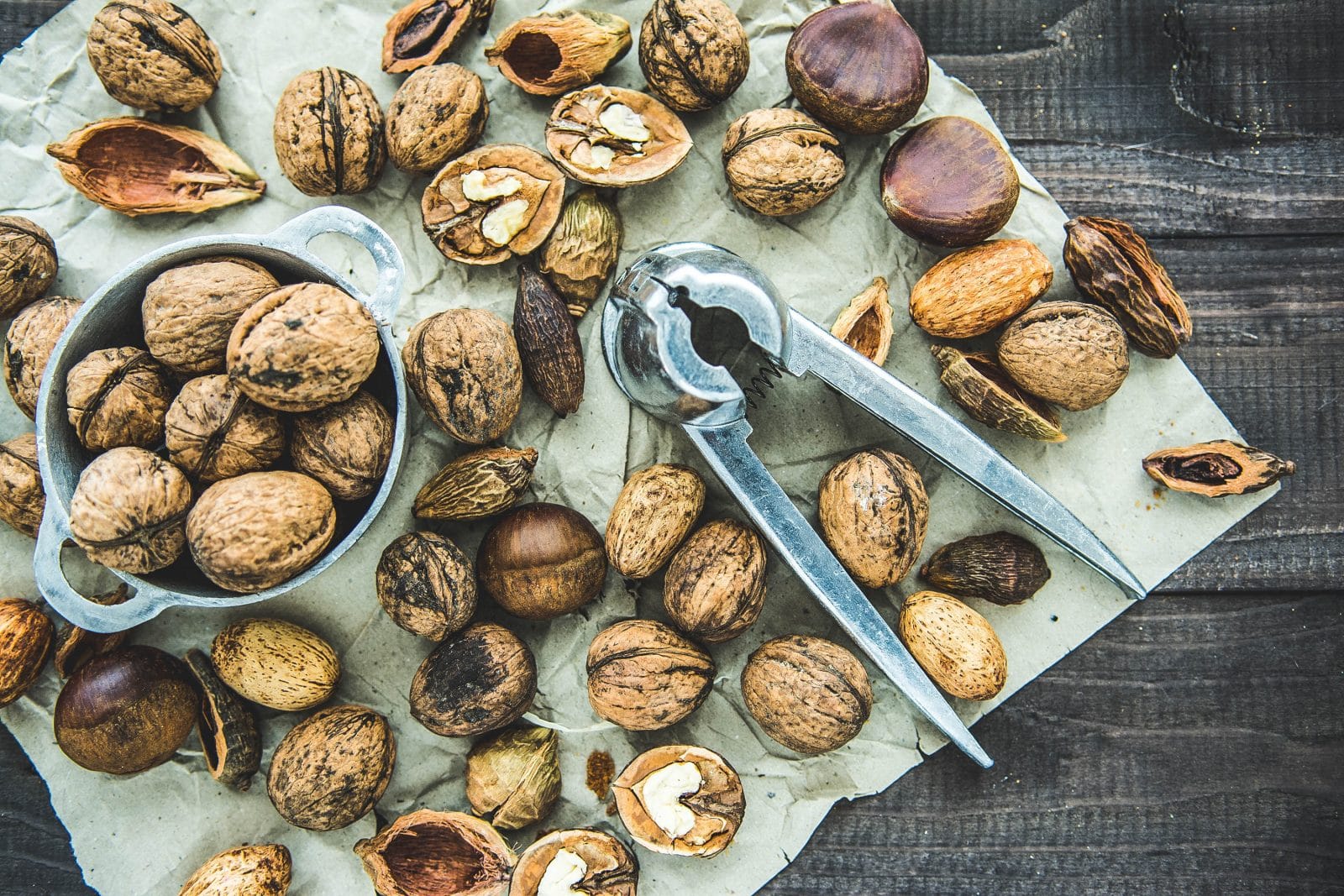
Researched presented at the 2018 ESHRE conference in Spain last month has revealed that regular consumption of nuts may boost men’s fertility.
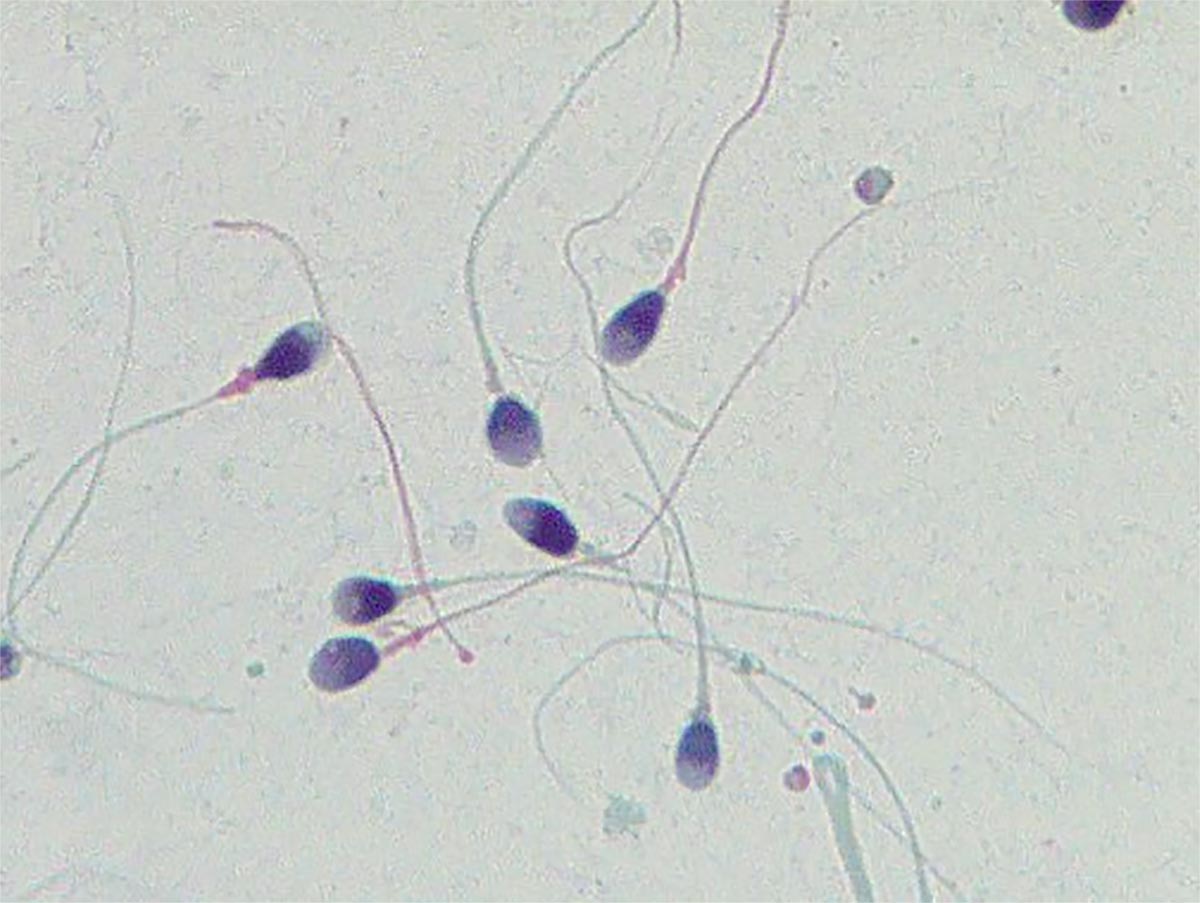
A recent study has discovered a new structure to sperm that may be responsible for infertility, miscarriages and birth defects.
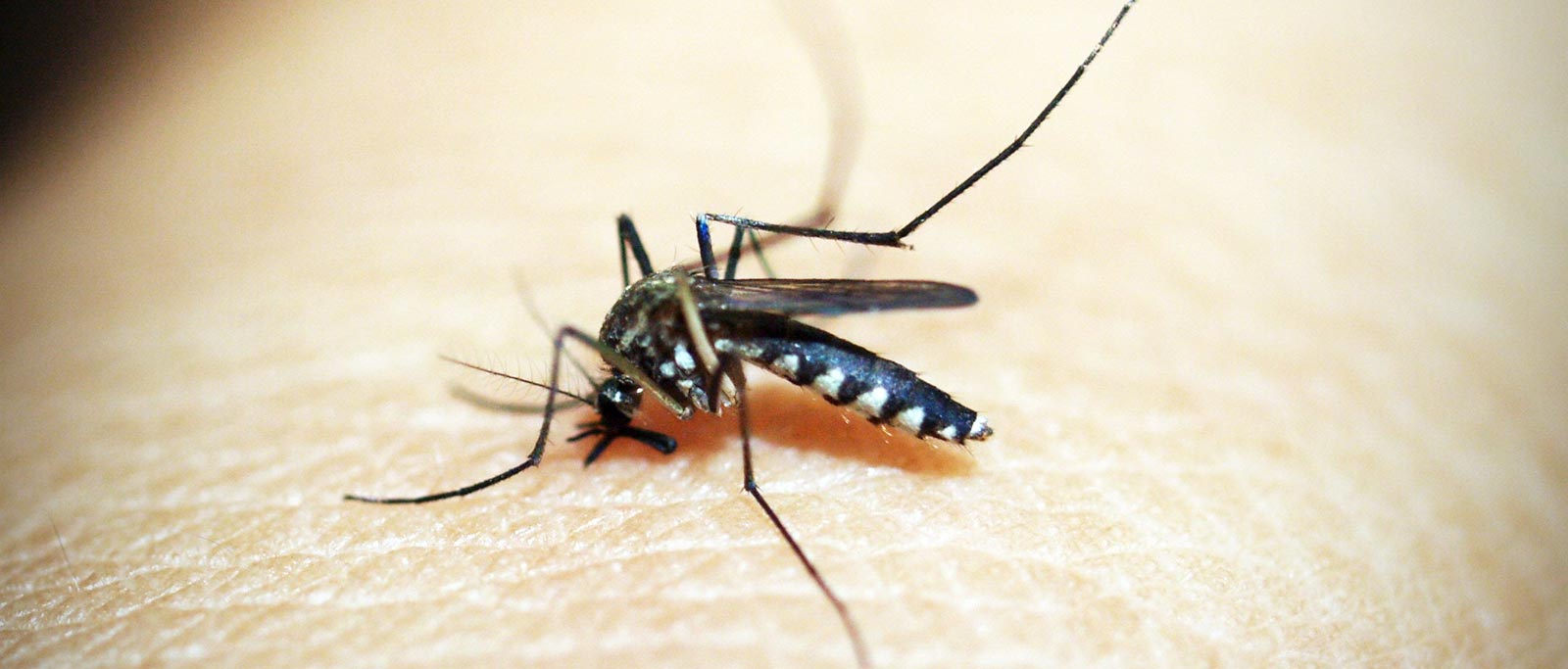
With the creation of a highly accurate three-dimensional model of the Zika virus, researchers reveal vulnerabilities.

A recent study has shown that the best chance of avoiding another early pregnancy loss is to become pregnant within six months
Every story written here comes from Fertility First's Research Team, a group of scientists that doesn't just talk about the science behind fertility and reproduction, it lives and breathes it. Staffed by the doctors and scientists working behind the scenes at Fertility First, this team of dedicated embryologists, andrologists, and fertility experts collectively has over 40 years experience in the field.
Yes, chronic stress can impact fertility by disrupting hormonal balance and ovulation patterns. Managing stress through relaxation techniques, regular exercise, adequate sleep, and mindfulness practices may help optimise your chances of conception. Consider speaking with a counsellor if stress feels overwhelming.
Sperm health accounts for about 40% of conception challenges. Your partner can improve sperm health by maintaining a healthy weight, avoiding excessive heat exposure (hot tubs, saunas, tight clothing), limiting alcohol, quitting smoking, managing stress, and taking a multivitamin with antioxidants. Sperm takes about 3 months to develop, so lifestyle changes need time to show results.
Your fertile window typically spans 5-6 days, ending on ovulation day. For a regular 28-day cycle, this usually falls between days 10-15, with peak fertility 1-2 days before ovulation. Track your cycle using ovulation predictor kits, basal body temperature, or cervical mucus changes to identify your unique pattern. Having intercourse every 1-2 days during this window optimises your chances.